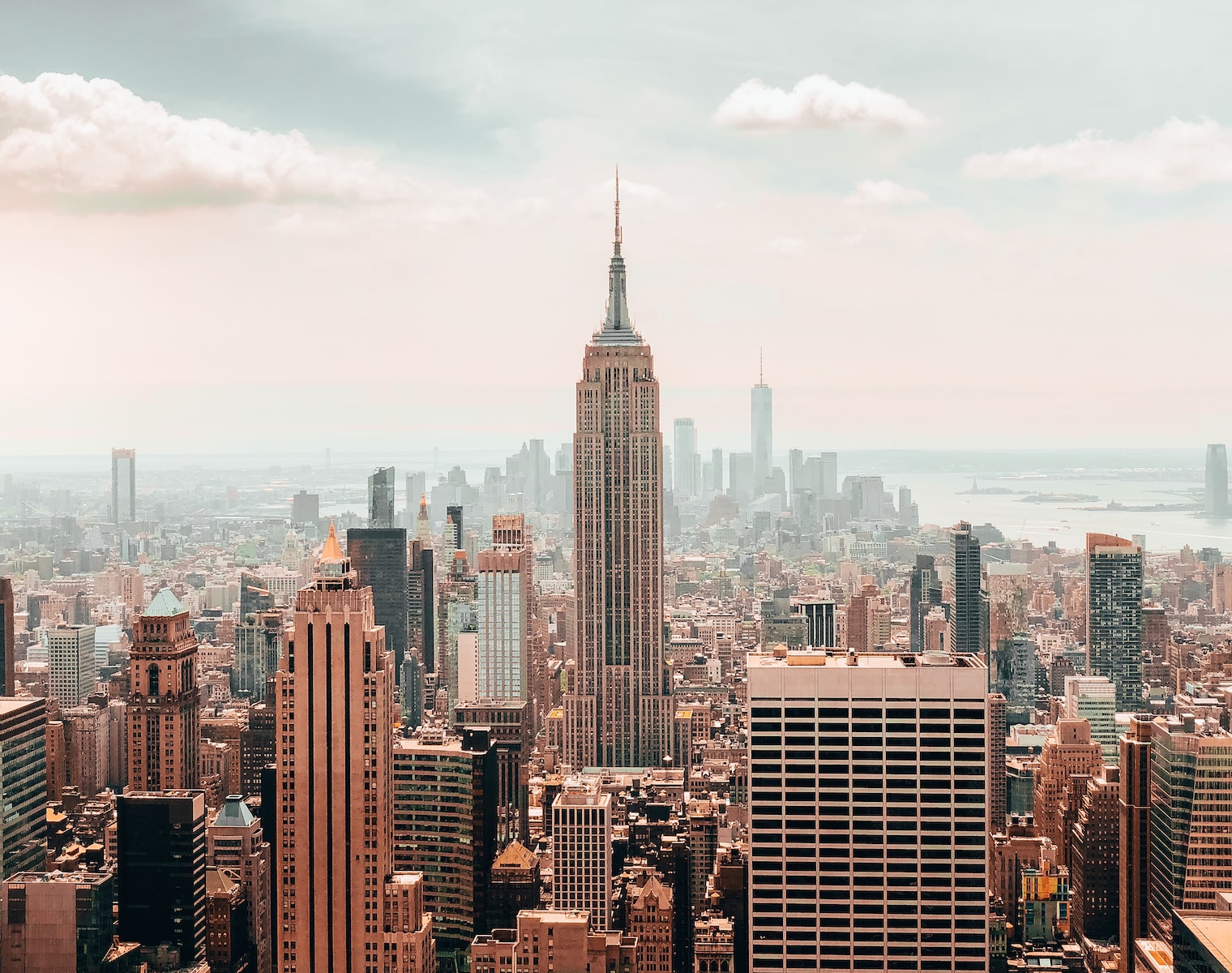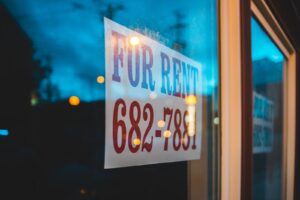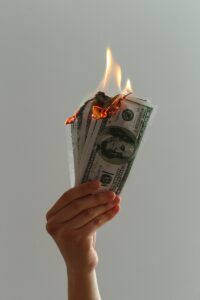
In April 2023, New York City Councilmember Lynn C. Schulman introduced a bill to the City Council which would prohibit landlords from leasing to a commercial tenant engaged in the unlicensed sale of cannabis. After being approved by the Committee on Public Safety, the bill was sent to, and also approved by, the full Council on Thursday, June 22nd. It will now be sent to the desk of Mayor Eric Adams, who has 30 days to either sign the bill and enact it into law, or veto it.
If enacted, the bill would send city inspectors to suspected unlicensed cannabis stores, which currently number in the thousands. If the inspector finds that illegal cannabis is being sold on premises, the landlord would face a fine between $5,000 and $10,000. A second inspection would later take place, and if the landlord can provide proof that eviction proceedings have begun since the first inspection, the fines may be avoided. Along with the state agencies currently authorized to inspect for relevant violations, the bill would allow the mayor to designate any state agency to inspect for such. While the levying of fines against landlords could significantly reduce unlicensed cannabis stores, a certain provision of the bill may allow for a loophole to be exploited by these unlicensed stores, as further discussed below.

Actions against the illicit businesses themselves have already begun in earnest, as Governor Kathy Hochul granted the Office of Cannabis Management (OCM) with enforcement powers newly backed by the state’s FY 2024 Budget. The timing of the bill’s approval coincides with the Governor’s report that nearly $11 million worth of illicit cannabis products have been seized throughout the state so far. The additional step of fining landlords who knowingly rent to unlicensed operators has long been proposed as a deterrent against the illicit market.
The Existing Markets
New York effectively has two cannabis industries: the legal one, born of the Marihuana Regulation and Taxation Act (MRTA) in March 2021, and bound by the OCM’s rigid regulatory framework, and the illegal one, which is vastly larger, older, and unfettered by the restrictions placed on legitimate licensees, including the payment of taxes, and public safety prohibitions on operating in sensitive locations or selling to minors.
Long before the first state-licensed dispensaries opened their doors, it was clear that the two industries could not truly coexist. The unlicensed marketplace (AKA the legacy market, the gray/black market) has opportunistically exploded since the MRTA legalized cannabis throughout the state, and has continued to proliferate at light speed when compared to the legal market, the rollout for which has crawled sluggishly forward under the weight of bureaucracy. Even one of the states with the longest running legal adult-use (recreational) cannabis program, California, sees up to $8 billion in illegal sales every year, generating significantly more revenue than the legal market.
RELATED: Unlicensed Shops in NYC Are Doing Better Than The Naked Cowboy
In response, politicians at every level of state government have proposed some sort of landlord accountability. The idea is that if landlords are discouraged from entering leases with these businesses or punished for having done so, operators will be unable to secure the necessary space or, in the event that they already signed a lease, will face eviction. In either event, these illicit operators will be forced to consider going entirely underground, closing their doors or, perhaps, will consider entering the legal marketplace and obtaining a dispensary license. For many legacy operators, the latter may not be realistic. New York was the first state in the nation to prioritize justice-involved license applicants through its Conditional Adult-Use Retail Dispensary (CAURD) program. But nearly two and a half years after MRTA passed, and with thousands of adult-use cannabis applications submitted, there are only a handful of legally compliant dispensaries open for business in New York.
Landlords who lease space to unlicensed operators cannot plead ignorance to avoid fines. It was initially believed that a landlord could not lease directly to a CAURD license holder, but rather would enter into a lease with the Dormitory Authority of the State New York (DASNY), which would then sublease the space to the license holder. The difficulty in locating and securing compliant premises has led to the OCM approving locations for non-DASNY controlled premises. Both DASNY leases and these stand-alone leases, which Falcon Rappaport & Berkman has extensive experience with, are explicit in their structure and purpose. For these unlicensed stores, landlords across the city enter into non-DASNY leases with tenants who conspicuously advertise THC products for sale. Under the proposed bill, these landlords would be at high risk of enforcement action, particularly after a city agency warning letter which could disallow any landlords’ claims of ignorance. Falcon Rappaport & Berkman can assist Landlords in drafting leases with more robust use restrictions to discourage unlicensed cannabis sales and ease eviction actions in the event such illegal use has occurred.
RELATED: California or New York – Which Has The Biggest Marijuana Mess?
Unforeseen Consequences
Fining commercial landlords and/or encouraging them to evict illicit cannabis tenants is a predictable step in the implementation of New York’s legal cannabis market. Without it, legitimate license holders will continue to be at a disadvantage in the industry, and neither consumers nor the general public will reap the benefits of a well-regulated marketplace.

However, the way in which we fine these commercial landlords, or enact other enforcement action, must be carefully examined. A provision of the proposed bill, section C.1., specifies that written notice following an inspection (and presumably any future fines) are only for a property that is used to sell illicit cannabis products and “is not occupied for any other licensed or lawful purpose.” While the bill may still result in fines against landlords of unlicensed cannabis stores, this provision means that if the premises is used for another lawful purpose, these fines against the landlords may not apply. The existing unlicensed market consists of not only stand-alone cannabis stores, but of bodegas and convenience stores selling cannabis products, the landlords of which will likely avoid penalties under this proposed bill.
The complexity and adaptability of the unregulated market should not be underestimated. If enacted, this bill will hinder some significant competitors to adult-use dispensary licensees, but will be far from addressing the entire unregulated market in NY. Frequent reassessment of enforcement action and well-crafted policies will be necessary to ensure a flourishing New York adult-use cannabis industry.
Michael A. Curatola, Esq. helped co-author this article along with contributions from Andrew P. Cooper, Esq., LL.M., and Ariel S. Holzer, Esq.






